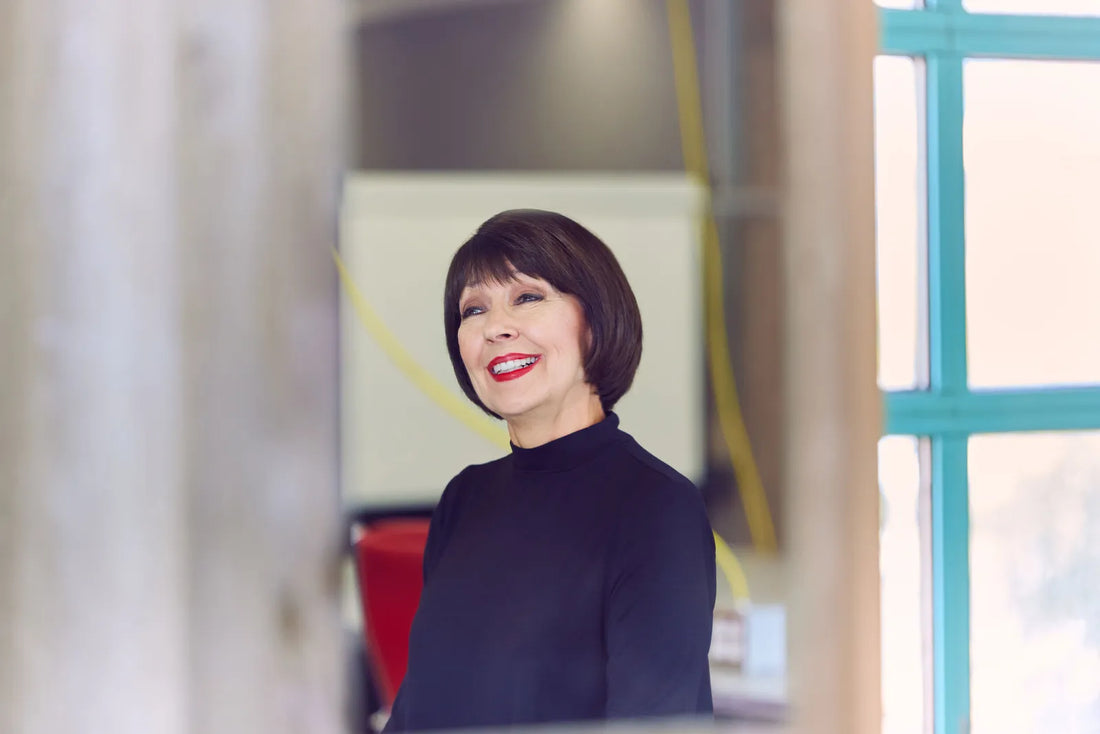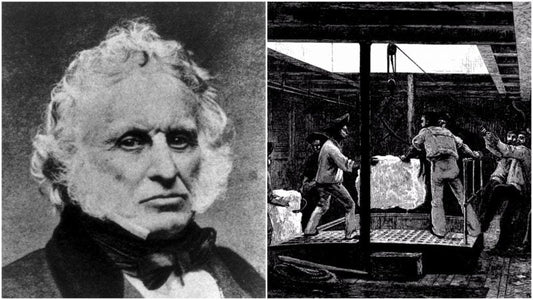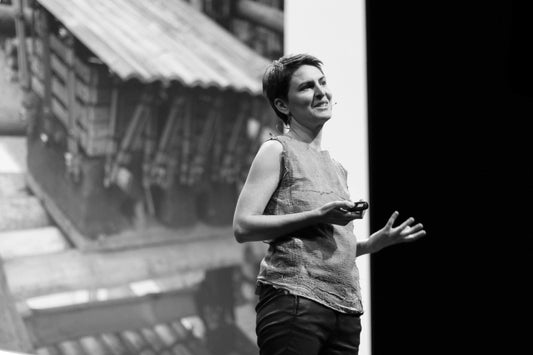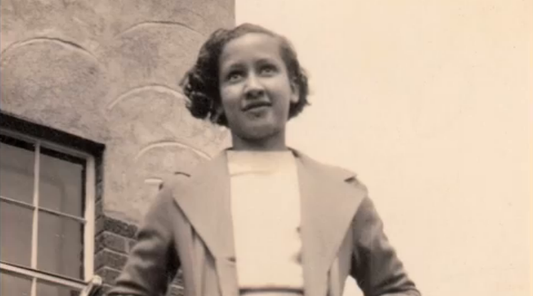
Patricia Moore: A Pioneer of Inclusive Design and a True Corkscrew Mind
Patricia Moore is a renowned industrial designer, gerontologist, and author who has significantly impacted the design world. Her work challenges conventional design norms by advocating for inclusivity, empathy, and universal design. Her radical approach to problem-solving and deep commitment to human-centered design make her a true Corkscrew Mind, someone who defies traditional paths and innovates through unconventional thinking.
Moore's journey began in the 1970s at the Raymond Loewy design office in New York, where she was the only woman working as a designer. At the time, the design industry primarily catered to the needs of a "typical" user, often overlooking those with disabilities or older adults. Moore believed that inclusive design empowers people by fostering independence and ability. She frequently questioned this narrow focus, advocating for designs that considered a wider range of users. However, her concerns were often met with indifference, with responses like, "we don't design for those people." This dismissive attitude ignited Moore's passion for challenging the prevailing norms in design and championing a more inclusive approach, something that aligns perfectly with the Corkscrew Thinking philosophy of questioning assumptions and breaking boundaries.
To better understand the needs of older adults and challenge the lack of empathy in design, Moore embarked on a radical experiment in the late 1970s. At the age of 26, she transformed herself into an 85-year-old woman. With the help of a makeup artist, prosthetics, and her grandmother's clothing, she convincingly simulated the physical limitations associated with aging. For three years, she traveled across 116 cities in North America, immersing herself in the daily lives of older adults. This immersive experience allowed her to personally encounter the challenges they faced while navigating a world not designed for their needs.
Her approach mirrors the Corkscrew Mindset, which embraces firsthand experiences, deep empathy, and unconventional methods to gain unique insights. Much like the Operation Mincemeat strategists who used deception to reshape WWII outcomes, Moore embedded herself in the reality of aging to expose design flaws and advocate for meaningful change.
Moore's experiences led her to become a prominent advocate for universal design, a philosophy emphasizing the creation of products and environments usable by people of all ages and abilities. Universal design challenges the traditional practice of designing for an "average" user, recognizing that such an approach often excludes a significant portion of the population. Instead, it promotes inclusivity and accessibility as fundamental design principles.
Moore's work has significantly impacted the design world, influencing the development of products like the OXO Good Grips line of kitchen utensils, known for their ergonomic handles that accommodate people with arthritis. She has also designed rehabilitation facilities, transportation systems, and a wide range of products that prioritize accessibility and user-friendliness. Her work on the Phoenix Sky Harbor airport train system ensured a seamless and accessible experience for all travelers.
Her design approach aligns with the Corkscrew Thinking principle of challenging assumptions and creating solutions that serve a broader audience, much like disruptive innovators who redefine entire industries.

Click here to listen to the full podcast
Moore's influence extends beyond specific products; her work has shaped design thinking itself. Her emphasis on empathy, user-centered design, and challenging norms reflects the Corkscrew Mindset, which values questioning the status quo and exploring alternative solutions.
She has collaborated with figures like Julia Child on designing kitchens for the future, further demonstrating her ability to reimagine everyday spaces. In her view, designers should consider users' capacities across a lifetime, ensuring products and environments support autonomy and well-being at every stage. This philosophy aligns with Corkscrew Thinking’s core principle: looking beyond the obvious to find innovative solutions.
Legacy and Recognition
Moore's contributions to the design world have earned her widespread recognition. She has been named one of the "40 Most Socially Conscious Designers" and one of the "100 Most Important Women in America." Her awards include:
- National Design Award for Design Mind
- World Design Medal
- Sir Misha Black Medal for Distinguished Services to Design Education
- Honorary doctorates from multiple universities
Beyond design, Moore has worked as an empathy trainer for nursing home staff and a campaigner for senior citizens' rights, demonstrating her commitment to improving lives through her work. She continues to be an active voice in the design community, currently working on a project in Norway addressing body dysmorphia and promoting positive self-image.
Patricia Moore embodies the Corkscrew Thinking ethos, using radical methods and deep empathy to challenge the status quo and revolutionize design. Her work has transformed industries, influencing not only how products are made but also how designers think, observe, and engage with users.
Her legacy extends beyond universal design; she represents a mindset that values unconventional approaches to innovation. As we continue to face emerging societal challenges, from designing for an aging population to creating more inclusive digital experiences, Moore’s impact reminds us that true innovation comes from stepping into the shoes of others and designing with empathy at the core.




